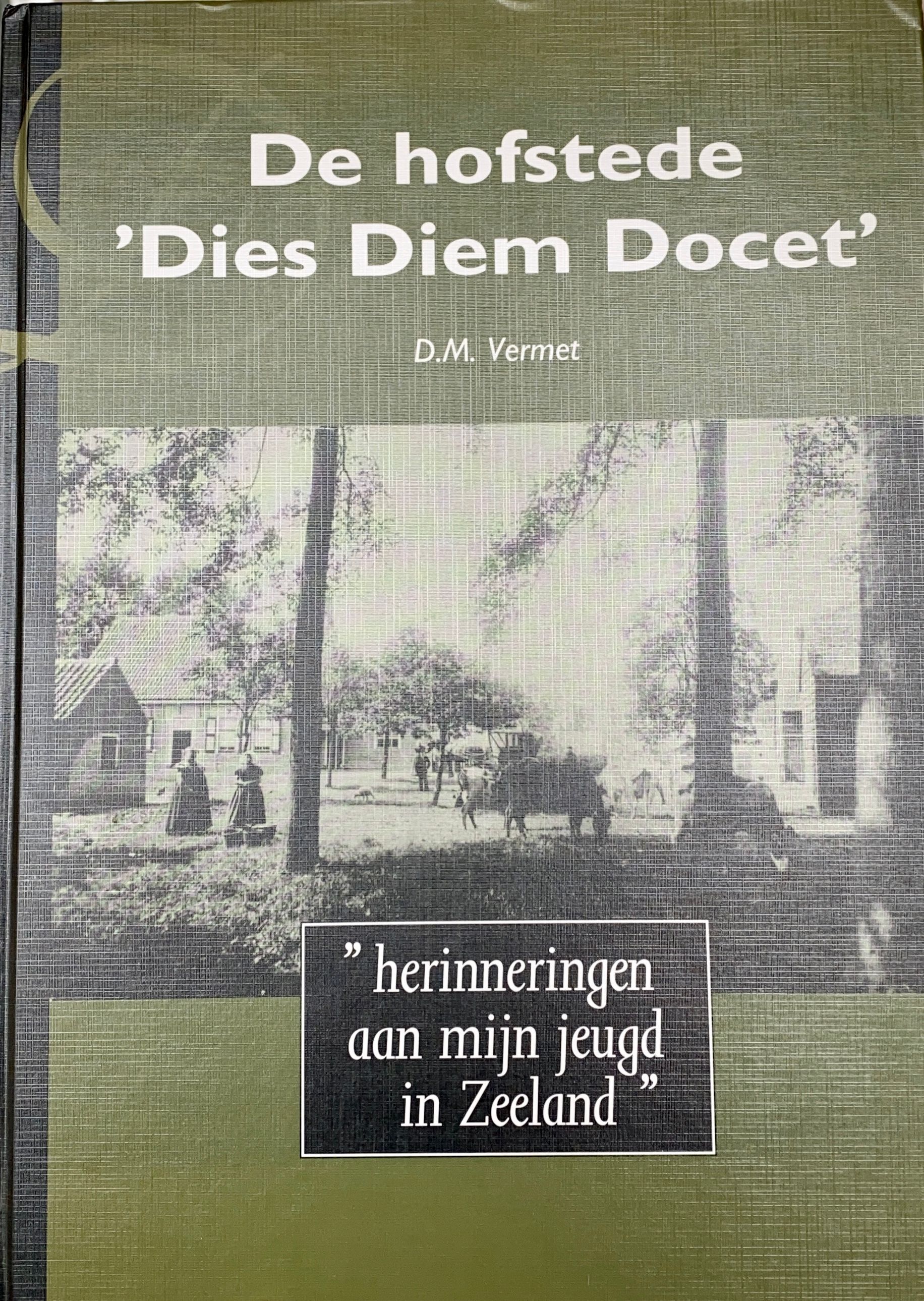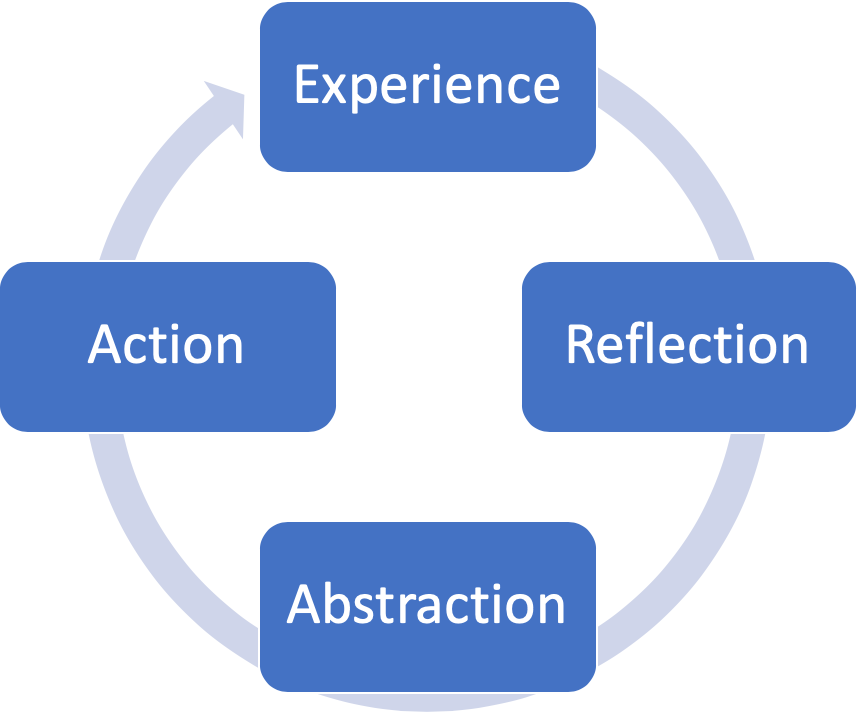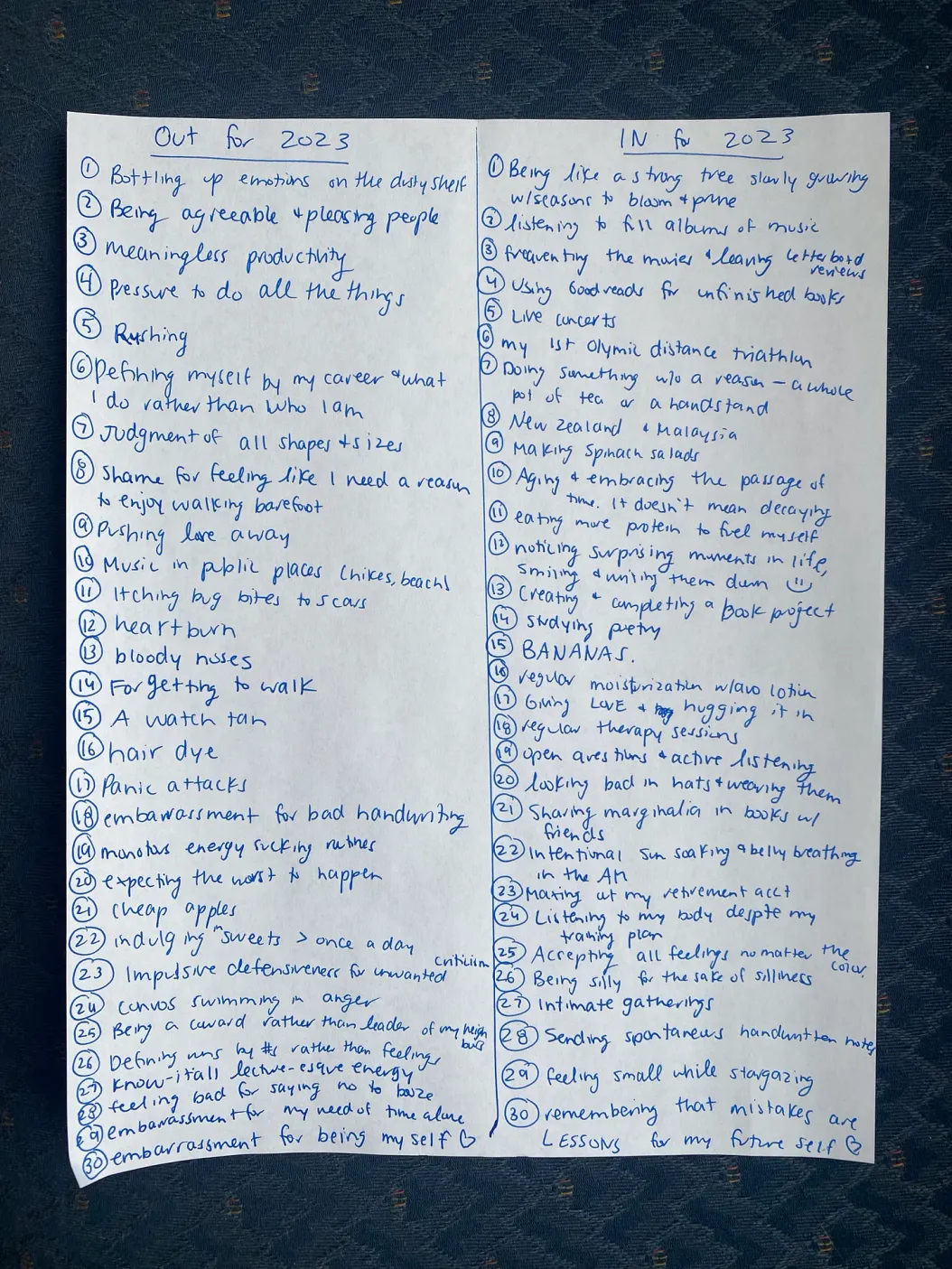Hello fellow learner,
Greetings from outside of Detroit.
Here is letter #5 from a learn-it-all! My intent is to offer you value by curating content that I learn through writing, reading, listening, and watching while on my journey to becoming a lifelong learner. The reason I am sharing my learning journey is to challenge myself to think in different ways, facilitate learning, and inspire ideas for you. I promise that I will consistently strive to be better than I was before.
Each week I will include what I have learned, share blog posts that I wrote, a quote to think about and a question to ponder. Enjoy!
Some things I’ve learned through...
Doing
I have been sorting through my grandma’s belongings before selling her house. I stumbled upon another writer in the family! My great grandfather Domus Martinus Vermet (1881- 1966) published this book:

As you can see, it’s unfortunately not in English. It’s in Dutch. The book is about his childhood memories in Zeeland, NL. Coincidentally, before the pandemic, my plans were to be on holiday there right now with my cousin.
What excited me the most is the title “Dies Diem Docet”. It translates to mean “the day teaches the day”. Put differently, you know more tomorrow than today. This is a Dutch slogan for lifelong learning. My learn-it-all curiosity roots back to three generations ago. Thank you Domus Martinus Vermet for all that you did! I am beyond grateful for finding your book.
The next hobby I am pursuing during my quarantine is learning Dutch. I need to crack the code of what he wrote about…
Writing
I wrote a reflection of a poem below that is also on my website here.
Growing up my dad told me “to have a friend, you need to be a friend.”
In order to have a friend, you need to know what qualities of friendship you admire. Friends add meaning to life.
Friends are there for you-- listening and experiencing life with you. These bonds among people bring purpose.
While sorting my grandma’s bookshelf, I found a timely scrap of paper. It is a poem. My great grandfather used to write poetry, so he might be the author. The poem is titled “To our friends who just stand by”:
When trouble comes your soul to try
You love the friend who just ”stands by”.
Perhaps there’s nothing he can do —
The thing is strictly up to you;
For there are troubles all our own,
And paths the soul must tread alone;
Times when love cannot smooth the road
Nor friendship lift the heavy load,
But just to know we have a friend
Who will “stand by” until the end,
Whose sympathy through all endures,
Whose warm handclasp is always yours —
It helps, someway, to pull us through,
Although there’s nothing you can do.
And so with fervent heart we cry,
God bless the friends who just “stand by”!
Friendships like these fill us with gratitude and comfort. They are loyal no matter the difficult situation. Friends that stand by realize that you are taking a path that must be done alone; yet, they still uplift you. As Ben E King sang in Stand By Me, we are less afraid when others stand by us. They are present even if you are not.
Standing by means being supportive while your friend is in the airport gate waiting in anticipation of boarding the plane. Until he or she boards, these friends encourage them to continue their journey of the uncharted path ahead.
True friends are those who stand by.
Watching
I watched Dr. Robert A.Bjork speak at the University of Columbia in 2018. He spoke about different learning conditions of instruction. Bjork found that when conditions allow performance to improve rapidly, it fails to support long-term retention and transfer. On the other hand, if conditions of instruction create difficulties for the learner by slowing the rate of apparent learning, it optimizes long-term retention and transfer. The latter example defines “desired difficulty.”
These desired difficulties can be created by:
- Varying the conditions of learning rather than keeping them constant and predictable
- Spacing over time rather than massing practice sessions
- Using tests rather than re-presentation as learning events
- Interleaving rather than blocking study of components
The difficulties have to be desired in order to create a higher engagement. This process supports improved learning, comprehension, and remembering.
Listening
I listened to Rich Roll’s episode of A Former Spy On How To Think Smarter: Shane Parrish. They spoke about the key components of learning. We lose this by assuming we have the knowledge from a summarized version. There are more steps than implicitly learning from experiences that are lived out. Shane explains learning loops. Time needs to be taken to reflect, abstract what needs to be done differently and act on these changes to create another experience.

The slope of your learning trajectory matters more than where you start. Studying computer science in undergrad, Shane sees himself as starting with limited people skills. He pursued writing on Farnam Street to help give others the education he wishes he had. He wants to help readers live a better life. This can be done by making better decisions.
A mental model is a thinking tool that you use to understand life, make decisions, and solve problems. Rich and Shane discuss how to apply the model of inversion by living life backward. Figuring out what you want to have accomplished by the end of life and filtering your life by these.
Word to define
Sympathy: a general kinship with another's feelings, no matter what kind; harmony of or agreement in feeling, as between persons or on the part of one person with respect to another.
Adam Grant advises problem-solvers to apply sympathy over solutions. Oftentimes, people want to know that you care. They want to know they are being heard instead of being offered solutions.
What does having sympathy mean for you?
Quote to inspire
“If you apply yourself to study you will avoid all boredom with life, you will not long for night because you are sick of daylight, you will be neither a burden to yourself nor useless to others, you will attract many to become your friends and the finest people will flock about you.” — Seneca
Question to ponder
Shane Parrish stated that it’s easy to live your life by somebody else’s scorecard. It’s hard to live your life by your own scorecard.
What is on your own personal life scorecard?
I appreciate you reading this and would love if you contacted me directly via my email vermetjl@gmail.com with any ideas or feedback you’d like to share.
Stay safe and I’ll see you next weekend,
Jen
PS- I’ve been writing on why the Dutch are fascinating. I would love your input of questions you’d like answered in the series that I’m writing.

